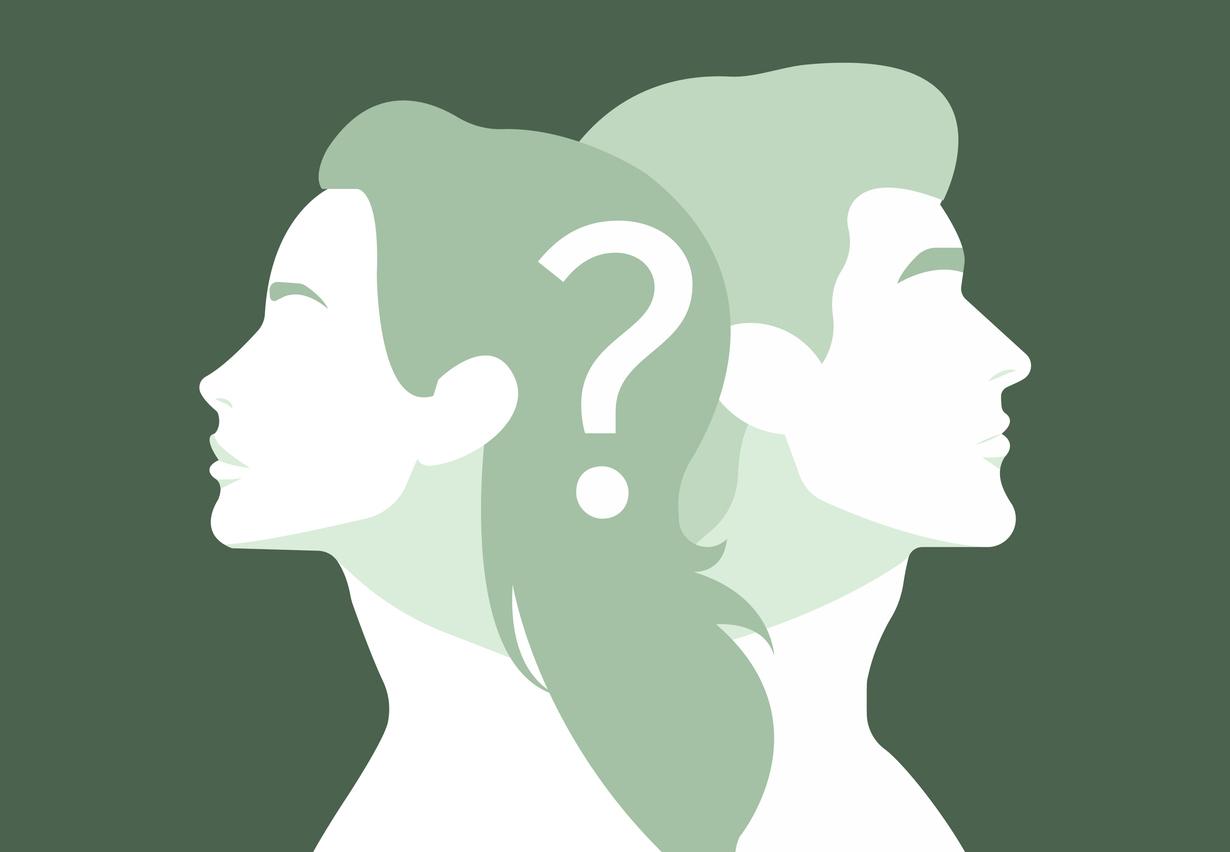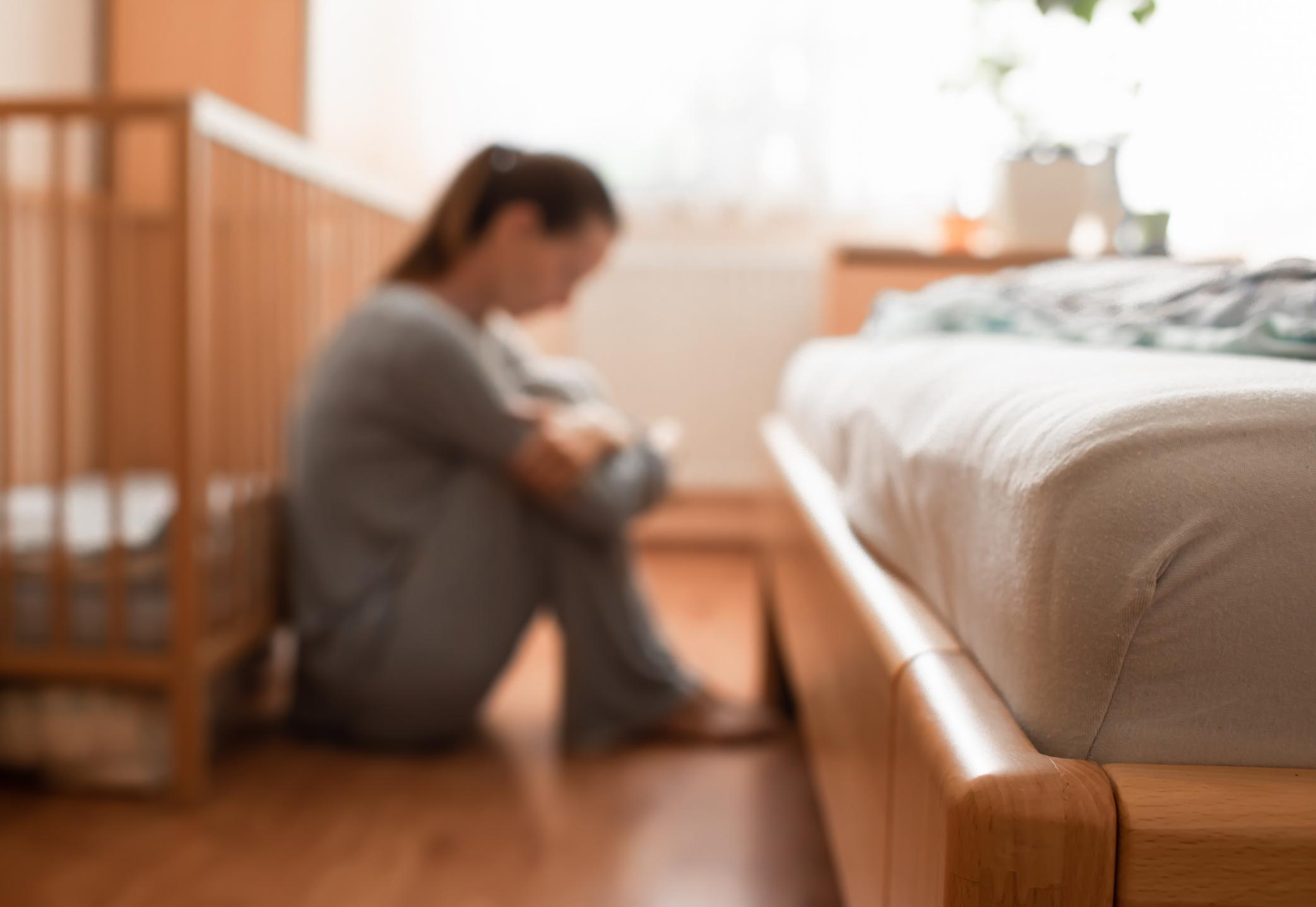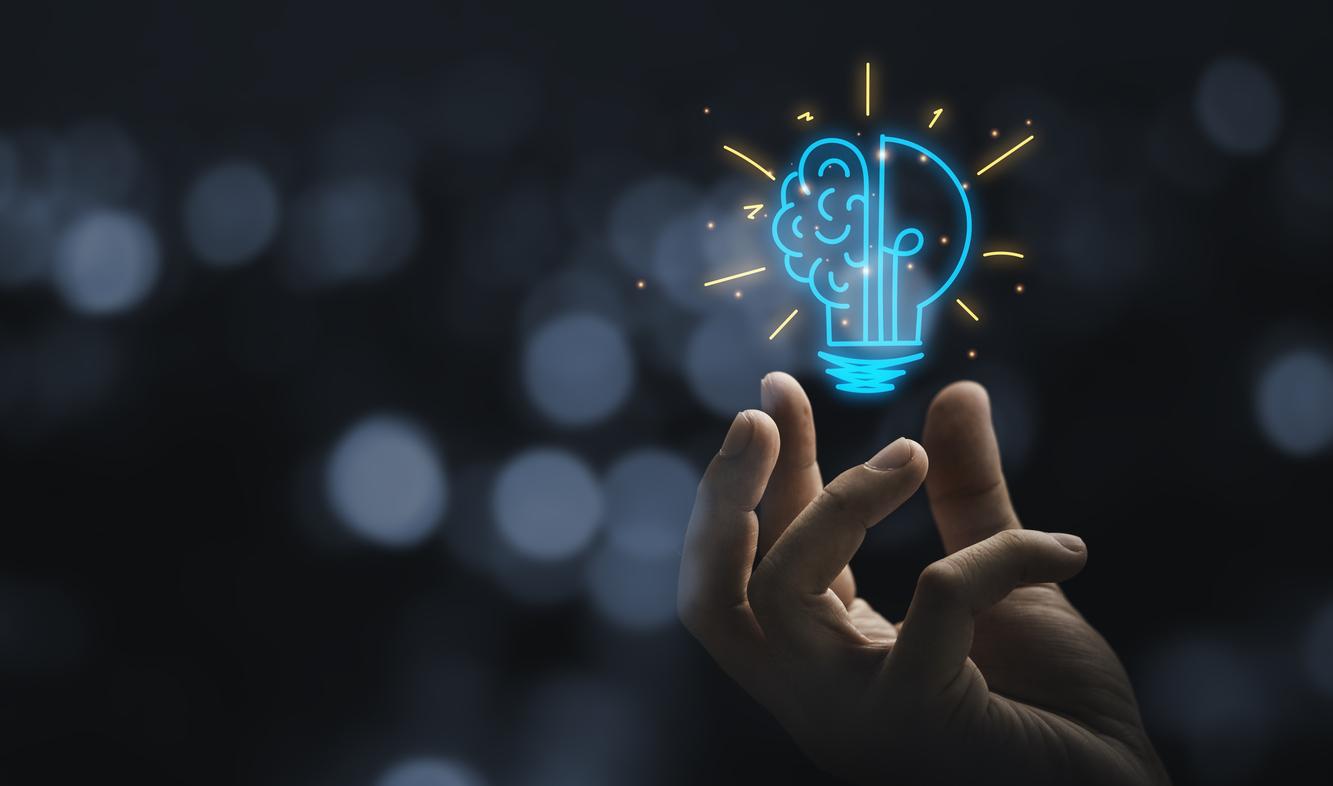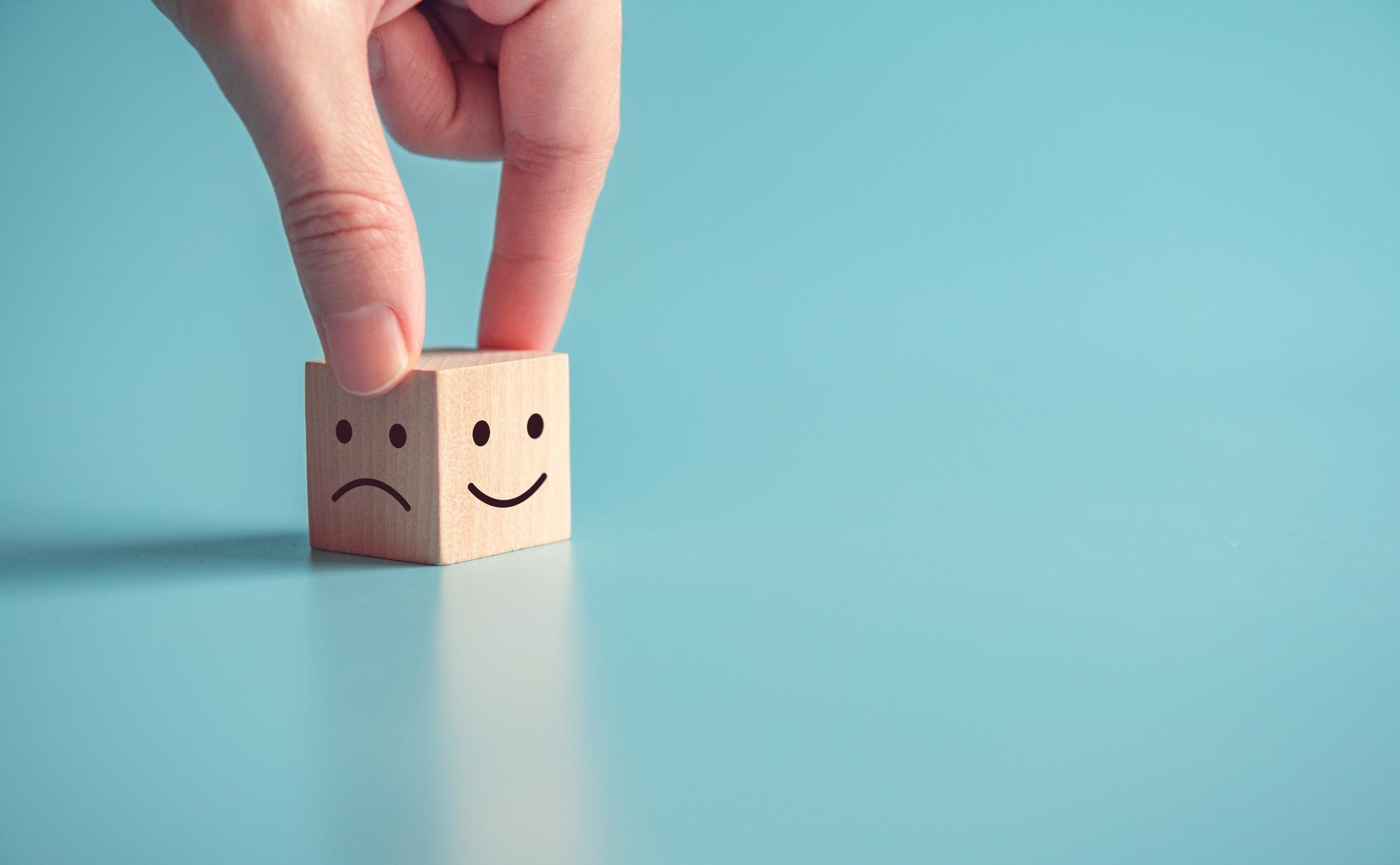Pain, fatigue, loneliness, bleeding … In February 2020, the hashtag #MonPostPartum responded like wildfire on social networks. Under this banner, the women recounted the physical and psychological difficulties they had gone through or were going through after giving birth.
It was the censorship, during the Oscars ceremony, of an advertisement for the postpartum care products of the brand Frida Mom that was the trigger for the movement launched by Illana Weizman, Morgane Koresh, Ayla Saura and Sacred Masha. Feminist activist Illana Weizman extended the fight with a book, This is our postpartum (ed. Marabout), to break the taboo around postpartum and help women talk about it.
What situation were you in when you launched the #MyPostPartum hashtag on social media?
My son was already two years old when the hashtag was launched. The postpartum period, especially on the psychological level, can last several months, sometimes a year, or even two years. Personally, I really got my head out of the water when my son was 2 years old. It was only then that I realized what had happened to me. This campaign on social networks, thanks to all these testimonials, showed me that I was not isolated, far from it, and that what I had just experienced was not an individual failure, but the result of a system that puts us in a very complicated situation.
What were the difficulties you encountered during your postpartum period?
The first eight months after my son was born were hellish. I was really very little informed, like many women besides, of the symptoms, even the most banal such as postpartum contractions, bleeding. Psychologically, I did not expect such a mess at all. I took things as they came, blindly, and I felt totally dispossessed of my maternal experience. I was in a very vulnerable state and fell into depression when my son was eight months old. Then I went into therapy to heal myself and get my head out of the water, but it took me a good year.
What were the physical symptoms of your postpartum period?
Depending on the woman, we do not have the full panoply of postpartum symptoms, nor the same intensity. I will speak first postpartum bleeding. For me, they lasted six weeks and were very abundant. I was not prepared to stain the sheets every night and change protection every hour. The post-uterine contractions, the trenches, were also difficult to live with. They can be extremely painful, as in my case. So much so that I went to the emergency room one night, thinking something was seriously wrong. I didn’t understand what was happening to me. If not, we have hemorrhoids, urinary incontinence, hair loss… All these things that accumulate are very unpleasant and about which women are not informed. One can feel abnormal or even dirty. Rising milk can cause infections. You have to know what to do to avoid them, such as stimulating your milk in the shower or making cabbage poultices.
And psychologically?
Of course there is the baby blues which occurs at the time of the drop in hormones. Postpartum depression can then occur. We’ve been talking about it more lately but I don’t think we know that it affects one in five women ! Before postpartum depression, there is a whole spectrum of maternal difficulties such as parental burn-out, post-traumatic stress syndrome after a difficult childbirth, when one has suffered obstetric violence in particular. This affects 5% of women, which is not trivial.
These psychological difficulties and disorders can set in over the long term if left untreated. Therefore, we need closer and more systematic medical follow-up for postpartum women. Instead, new mothers have an appointment six weeks after childbirth with the gynecologist or midwife. Is the uterus put back in place? Has the bleeding stopped? And we start the rehabilitation of the perineum. And that’s all. But six weeks is really too long after leaving the maternity ward. Still, there are things put in place, like the Prado, a health insurance service. But these are protocols of which we are not necessarily informed, it depends on the maternity ward and the midwife who follows us.
Did you feel guilty about your baby, about these difficulties, about the discomfort you were in?
In the early days, it’s survival. You have to take care of your child so we do it. There is this feeling of guilt, one has the impression of handling the situation much less well than the others. But in reality, we censor ourselves a lot. We have the impression to live these difficulties in a very lonely way, whereas with the speaking around the hashtag, I realized that it was very common. We must not be afraid to say the difficulties, even if then you have to be able to be heard and this is not always the case. Lots of people try to get us back in line with words like ‘it’s hard, but it’s okay, we forget, your baby is adorable’.
In the book, you denounce the fact that young mothers are not allowed to express their difficulties.
When you are a mother, you have the right to a unique emotion, it is happiness. We are not allowed to express feelings that are a little more nuanced and ambivalent. The only acceptable speech in motherhood is ‘I am happy, ecstatic, I have a child’. It is, but motherhood is not just that, it is more complex. I am only pleading so that we accept more ambivalent speeches. And that we have the right to talk about suffering without being accused of transgressors, bad mothers or people incapable of being happy in maternity. I felt very failing, but it is not. The problem is general and collective. We must become aware of this collectively to get rid of this guilt.
How do you explain such a distancing from the reality of the postpartum period?
It is the social and cultural structure of our patriarchal system that is at issue. Roles are assigned to the genders and the ultimate role of the woman is motherhood. To support this mythology and this assignment to this role, we disqualify the somewhat complex discourse around motherhood. Anything that does not convey a fluid, natural and easy image of motherhood is censored. This norm is integrated by the women themselves: they censor themselves, they do not talk about it. Myself, I didn’t talk about it for 8 months before going to therapy and campaigning for better postpartum recognition. Corn to talk about it is to violate a very anchored norm.
Women would even be very hard on each other according to you.
In all areas, the patriarchy makes sure to pit women against each other. But in the area of motherhood, it is worse. It is our land, it is the one assigned to us by this system of domination. This is an area in which women finally have the right to be subjects. And it is complicated to let go of this power for some women because it is the only field that really belongs to them. They outperform motherhood, make tons of it and exclude from the mothers’ camp those who will not conform to what is expected. It is a deleterious competition. Some women are soldiers of the patriarchal system and that is also why we do not get out of it. The most vocal criticisms of our social media campaign came from mothers. I then understood how difficult it was to transgress in this area. It’s still the same with the release of my book. Mothers accuse us of positioning ourselves as victims, of being sissies, mourners. They would be real mothers, real women, because they don’t complain and take it easy. Me, I transgress. However, we should be allies! You have to free the floor, talk about it, allow another mother to verbalize her difficulties by asking how she is doing, if we can help her. The discourse must circulate, it is not an obligation to be left alone with that. Talking about it is already a way to get better.
You also point out the medical profession which prepares women to give birth, but not for the difficult months which will follow.
It is a taboo even in the medical field: we are pregnant, we are closely followed during pregnancy, we are very prepared for childbirth but not at all postpartum. We of course receive a few small indications on ‘bleeding like a big period’ for example, but that’s it. However postpartum is as important as childbirth, ultimately a very short time while the postpartum period can last for months! For the mental health of mothers, they must be prepared more before childbirth, which will allow them to experience it much more serenely! During childbirth preparation, specific postpartum preparation sessions are needed. The more we are prepared for it, the better we will live it.
You are also campaigning for an extension of maternity leave and a sharing of parental leave.
A few days after childbirth, the mothers are left alone and abandoned with this parental responsibility which falls largely to them since the spouses return to work too quickly for this load to be shared. In the Nordic countries, nearly fifty weeks are to be shared between the parents, that really leaves you dreaming. These are egalitarian practices that make both parents the experts of the child and in the long term, it is beneficial for everyone. With us, it is when the mother is on maternity leave that she becomes the child’s expert. Over a very long time, she will have the mental load because she is the one who knows what to do, what to feed, what cream to use, what medicine to give. The father is far from all that and the situation continues in the years that follow. Putting in place a long and equal leave between each parent would solve a good part of the problem.
This is our postpartum, debunk myths and taboos to emancipate ourselves, by Illana Weizman, 2021, Marabout edition.
Read also:
- Sexo: I have not had an orgasm since my childbirth
- Contraception after baby: when to start again?
- Paternity leave increased to 28 days
- Birth bonus: what is it for? How and when do I get it?















